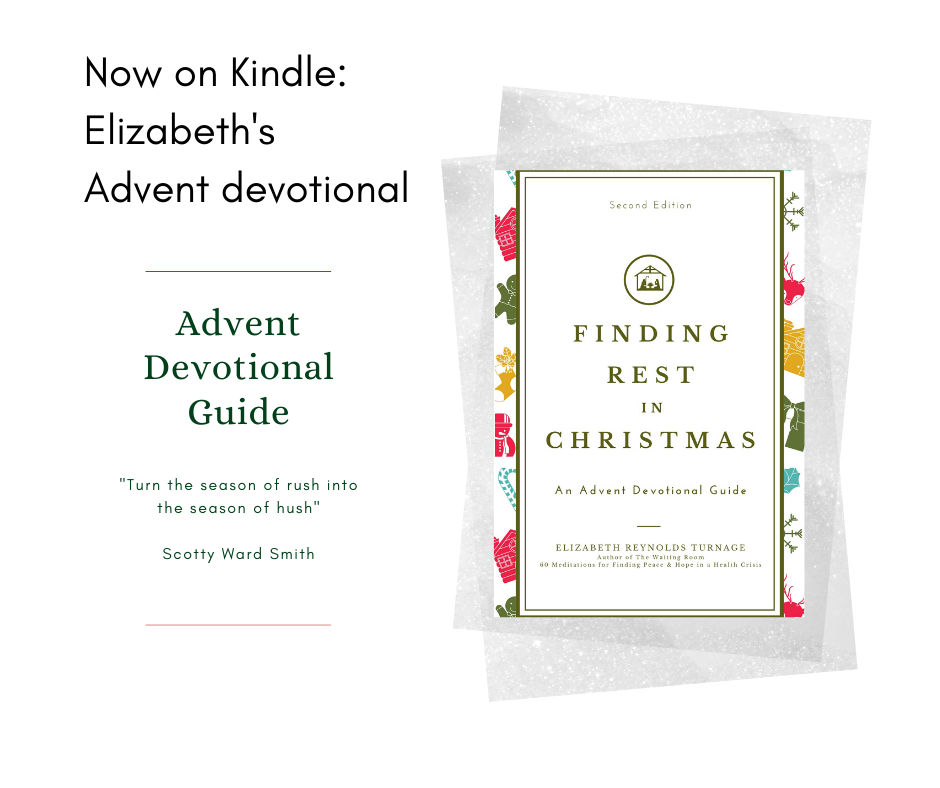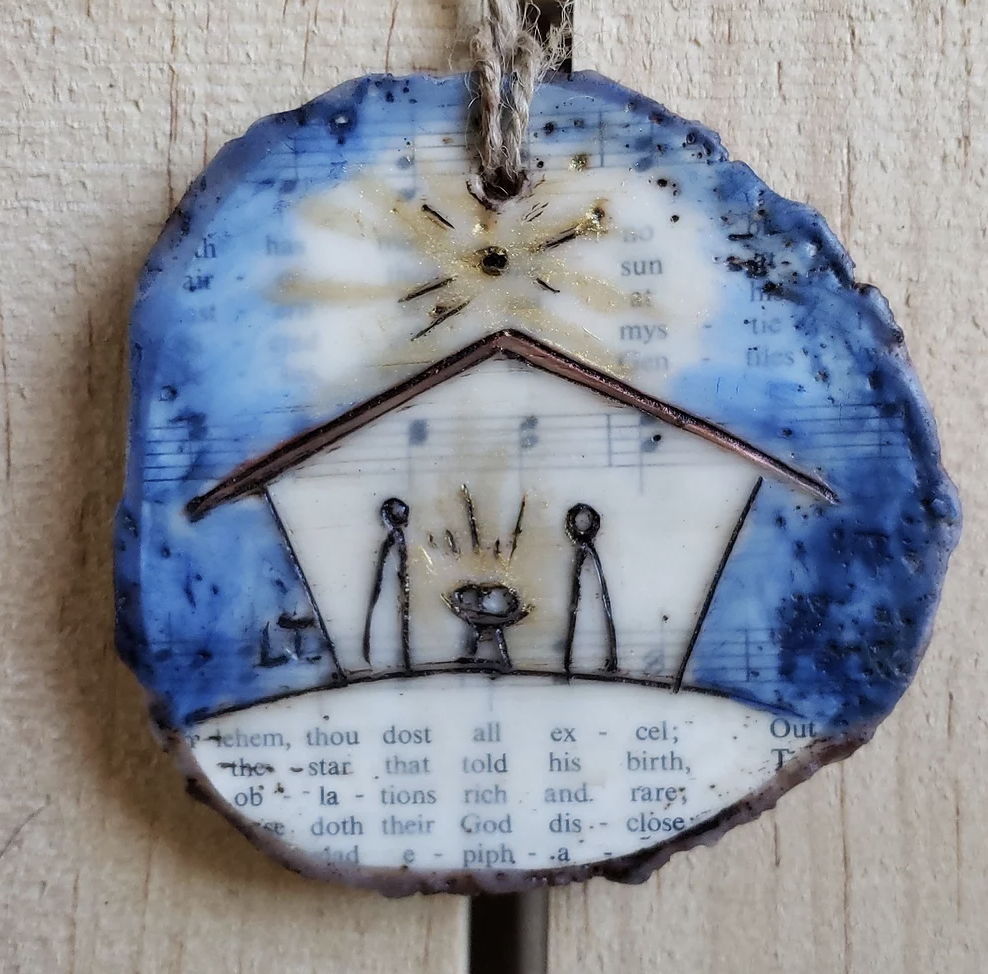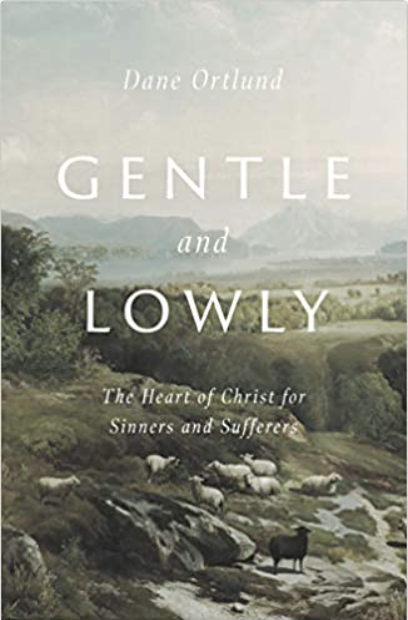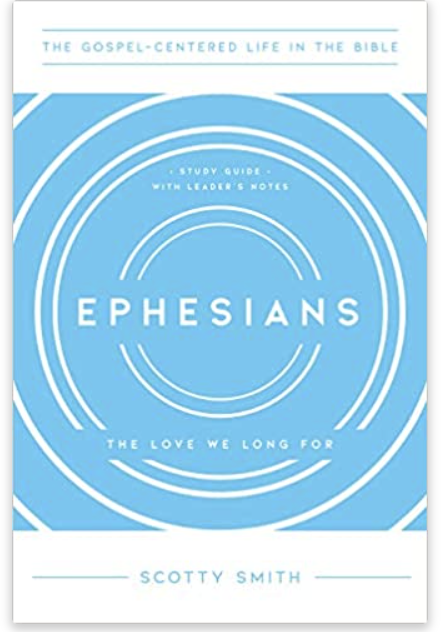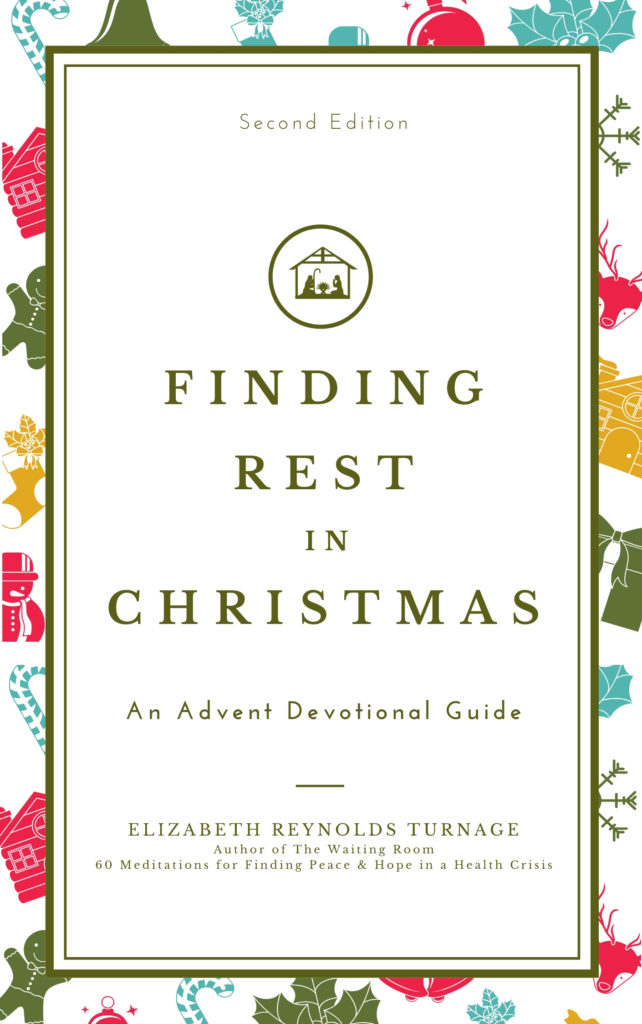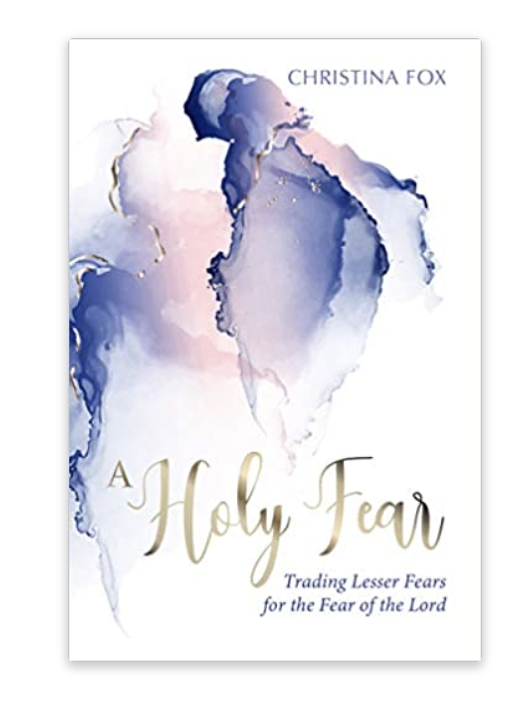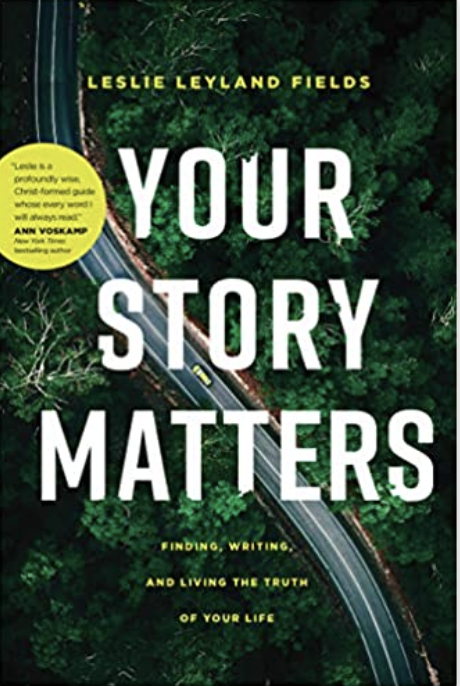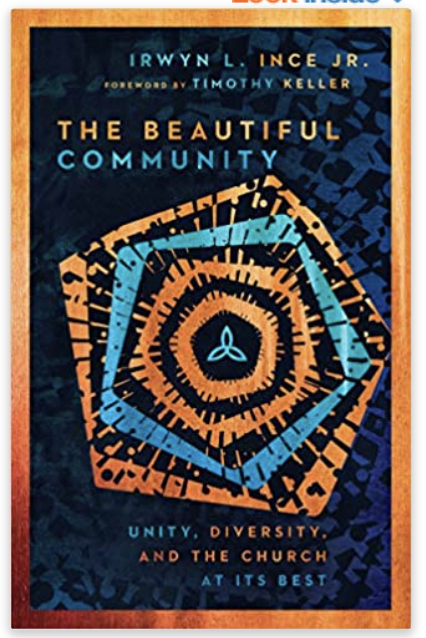How to Take Heart in Hard Times
How to Take Heart in Hard Times
Win books! This month, as we celebrate the one-year-birthday of From Recovery to Restoration, I’m giving away four books each week. See above for this week’s books. Enter for a chance to win. To have more chances to win, share about the book more often or share the excerpts on the blog and let me know how many times you shared.
Today’s blog is an excerpt from the devotional. I’ll be sharing excerpts every week. You can continue to share and have chances to win different books each week.
Be of Good Cheer
These things I have spoken to you, that in Me you may have peace. In the world you will have tribulation; but be of good cheer, I have overcome the world. John 16:33 NKJV
Here on the Gulf Coast of Florida, hurricane season threatens every year, tossing its mighty winds and roaring waters through our mind’s eye, arousing fears of future devastation and memories of past disaster. It’s been about fifteen years since Hurricane Ivan wreaked its havoc on our hometown, Pensacola, Florida, leaving a swath of blue roofs in its wake.
We’ve recovered. But some never did. Some lost homes, businesses, even marriages to the disaster. They may have found a new home or started a new business, but the heartache of the catastrophe lingers. Maybe you haven’t been hit by a hurricane; maybe it was a divorce, a sudden revelation of a spouse’s affair. Maybe you were slapped with a cancer diagnosis. Or maybe your twenty-three-year-old has just renounced her faith.
The hard reality is that we may never fully recover from some of the disasters we endure. How can we live with hope in a world in which some losses will never be recouped? Jesus, in his final words to his disciples, anticipated this question. Shortly before his brutal crucifixion for a trumped-up crime, he prepared his followers for the disasters that mark life in a fallen world:
“In the world you shall have tribulation, but be of good cheer, for I have overcome the world” (John 16:33 NKJV).
Jesus’ words confound many of us, because western culture has fed us a lie: “This world is all there is,” it tells us, “and the things in it are here to make us happy.” Jesus contradicts this lie, telling his disciples, “Yes, in this world, you will suffer. I’m teaching you how to live in my world, my kingdom. Not only that, when I die and am raised again, you will have the resurrection power to live a different life, a new life, to recover what was lost in the fall. When you suffer, remember these things I have told you, and you will have peace. Not only that, you can be ‘of good cheer,’ ‘take courage,’ ‘not be afraid,’ ‘take heart’—because ‘I have overcome the world.’”
One day, not yet, but “soon,” Jesus tells us, I will return (Revelation 22:7). Then you will live with me in a new world, the world you were really made for. In that day, all of the pain and sorrow of the disasters you have faced will be washed away. All the sin—the clawing to get your own way, the clashing against loved ones over small differences, the clinging to things you think will satisfy you—it will be over. Overcome. Defeated. By me—your King. Love, Jesus.
Dear friends, let’s take heart. There is something better that awaits. It is beyond recovery. It is restoration. It is renewal. It is reunion. Cheer loudly and long. Jesus has overcome the world.
Prayer
Lord Jesus,
Thank you for setting us straight. We are far too focused on finding joy in the things of this world. Help us to trust you when we suffer, to know that in you alone we will find peace and hope. In your cheering name we pray. Amen.
Further Encouragement
Read John 16.
Listen to “What a Friend” by Sara Groves.
For Reflection
What hope do you find in Jesus’ words to his disciples?

